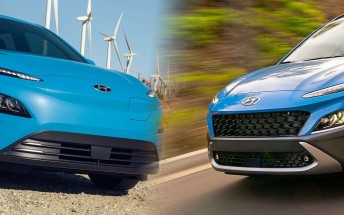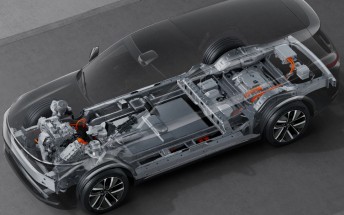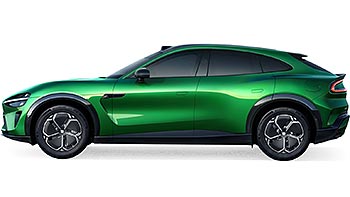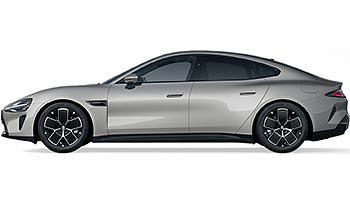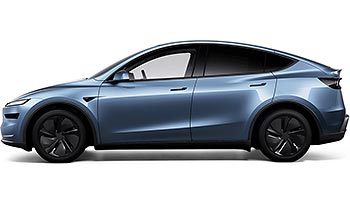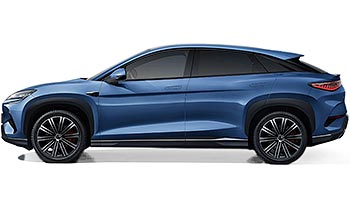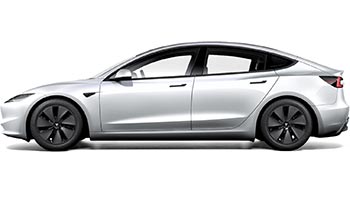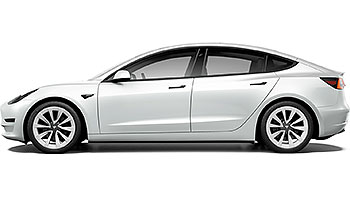Porsche gives up on in-house battery production, shifts focus to R&D

Porsche decided to adjust its strategy for the electric future and it will pull back on plans for large-scale battery production at its subsidiary, the Cellforce Group. Instead of manufacturing its own cells, Cellforce will now concentrate on research and development, as a result of the complex and uneven global shift to electric cars.
The decision was forced by a market reality that has proven less predictable than many automakers had hoped. Porsche pointed to a slower-than-expected adoption of electric vehicles, especially in key markets like the United States and China's luxury segment.

The company concluded that its original plan to build and expand its own battery factory was no longer affordable. According to Porsche CEO Dr. Oliver Blume, the company simply lacks the sales volume to produce batteries at a low enough cost to be competitive.
The shift directly impacts the Cellforce Group and its factory in Kirchentellinsfurt, Germany, which was established in 2022. The initial vision was for this facility to be a "start-up factory" with an output of around 1 GWh, with plans to build a much larger second factory later. That second factory is now off the table.

Dr. Michael Steiner, Porsche's head of R&D, called the scaling plan "not realistic" from today's perspective. As Cellforce transitions into an R&D unit, staff reductions are expected. Porsche has stated it will manage the job cuts responsibly and noted that PowerCo, the Volkswagen Group's main battery division, has offered to find positions for suitable Cellforce employees.
Despite pumping the brakes on manufacturing, Porsche insists it remains fully committed to its electric course. The company is doing rather well on the EV front, especially in Europe, where electrified models (including hybrids) accounted for 57% of vehicles delivered in the first half of 2025, with all-electric Taycan and Macan models continuing to set benchmarks for performance and charging speed.

This is a big decision for Porsche, and it reveals a more flexible and arguably more cautious approach to the EV transition. For the foreseeable future (well into the 2030s, according to the company), Porsche plans to offer customers a choice of three different powertrains across its vehicle segments: traditional gasoline engines, plug-in hybrids, and fully electric models.
This "three-pillar" strategy should allow the company to adapt to different customer demands and regulatory environments across the globe. Porsche recently acquired the high-performance battery cell business from VARTA AG, whose cells are used as power boosters in the new Porsche 911 GTS hybrid models.
It looks like Porsche is choosing to focus on what it does best: engineering and development. The knowledge gained by Cellforce in developing high-performance battery cells will not be lost. The new R&D unit will continue to design advanced cells, not just for Porsche's future electric cars, but also through development contracts for PowerCo and the wider Volkswagen Group.
Related
Reader comments
- p-run
Well, they deserve to be eaten by Xiaomi and others.
- 27 Aug 2025
- MUY
- trivik12
I dont think they can compete with CATL or BYD. Probably will get cells from them and create their own pack. Plus they can play with chemistry depending on the product. Some cars will use NMC (Qilin 2.0 cells) and others LFP or even hybrid(Na/LFP li...
- 27 Aug 2025
- jd5
- Anonymous
porsche like many euro brands focused and marketed evs as environmentally friendly or whatever. no luxury buyer cares about that nonsense.
- 26 Aug 2025
- B4X









